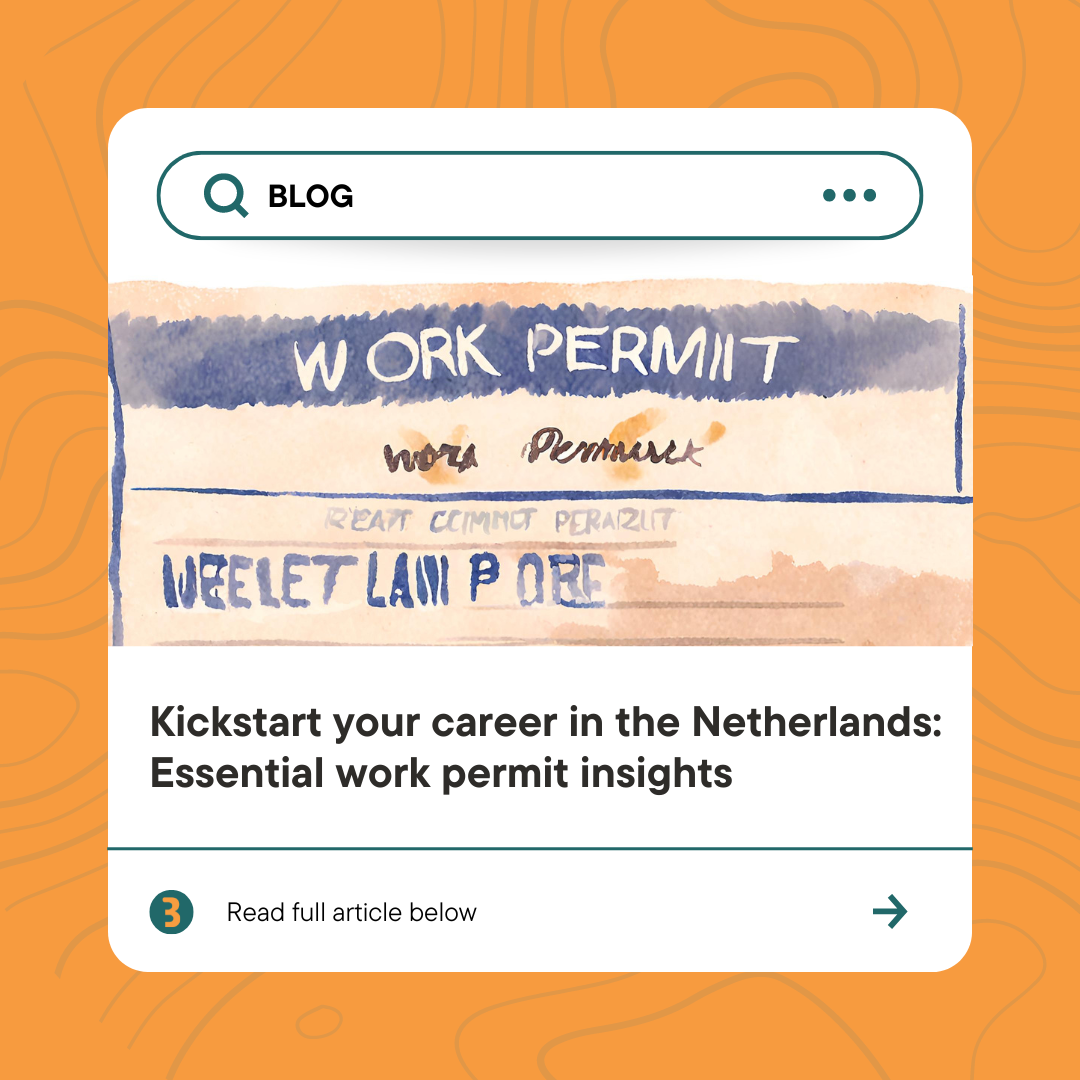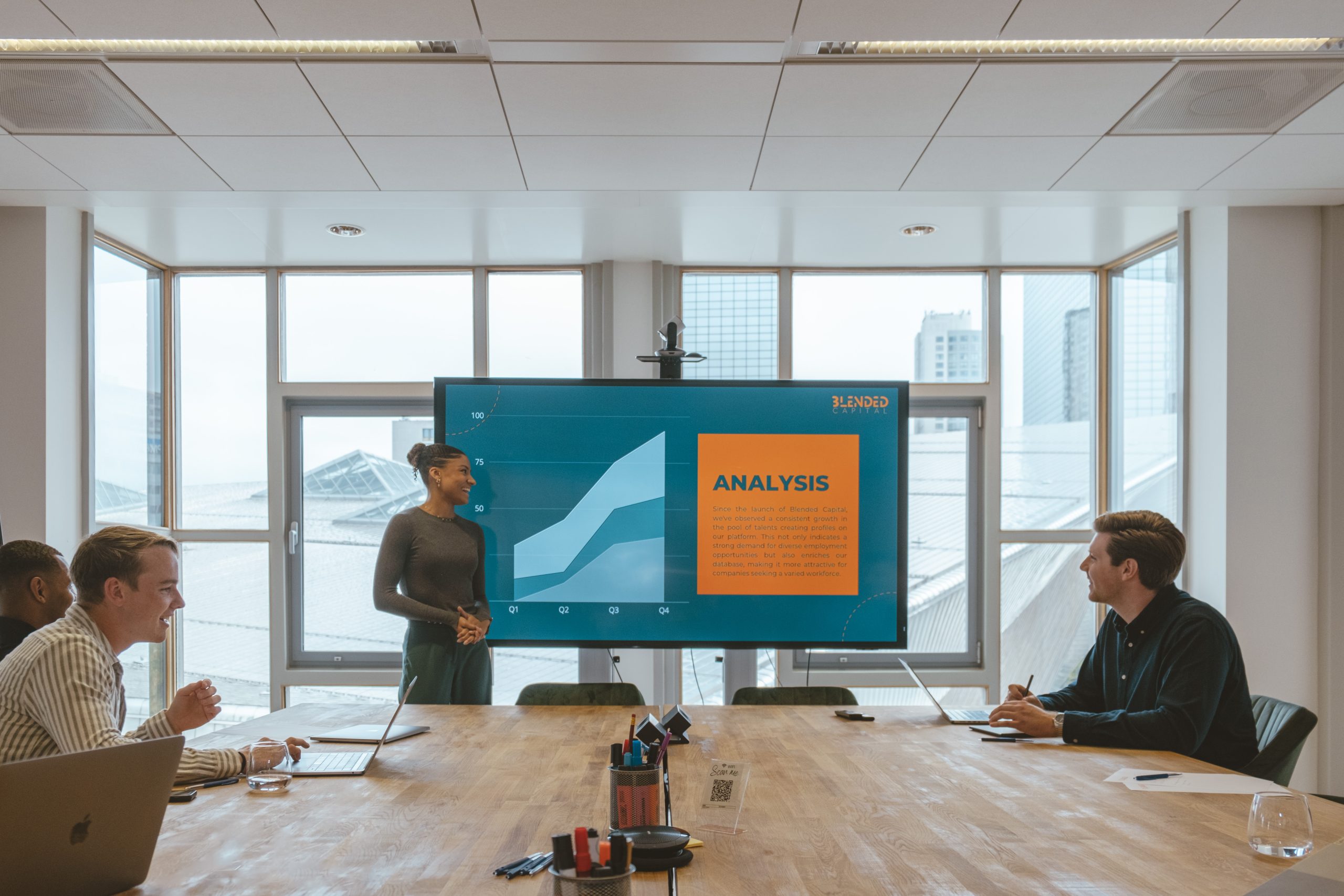The Netherlands, known for its innovative economy and diverse cultural landscape, offers a wealth of opportunities for international talents. However, for those outside the European Economic Area (EEA) and European Free Trade Association (EFTA), securing a work permit is a critical step towards career aspirations in the Netherlands. This refined guide aims to clarify the process, making it more accessible for multicultural talents starting with their Dutch career journey.
Understanding the work permit options
In the Netherlands, non-EEA/EAA nationals typically require a work permit, with the most common types being the Single Permit (GVVA) for long-term stays and the separate work permit (TWV) for short-term employment.
The Single Permit (GVVA): A comprehensive solution
- What it is: Combines residence and work permit for employment longer than three months.
- Application process: Initiated by your prospective employer, who applies to the Dutch Immigration and Naturalisation Service (IND) on your behalf.
- Advantages: Simplifies the process by combining work and residence permissions into a single application.
The Separate Work Permit (TWV): For shorter stays
- Usage: Required for employment lasting less than three months.
- Employer responsibility: Your employer in the Netherlands must apply for this permit through the UWV (Employee Insurance Agency).
Preparing your application
- Gather necessary documentation: Ensure you have all required personal and professional documents ready. This might include passports, diplomas, and job contracts.
- Understand the role of your employer: For both GVVA and TWV, the application is primarily employer-driven. Communicate clearly with your potential employer about the permit process.
- Check sector-specific requirements: Some fields might have different regulations or exemptions. Research or inquire about any special conditions for your industry.
Overcoming common hurdles
- Navigating bureaucracy: The Dutch immigration process can be complex. Patience and thorough preparation are key.
- Cultural and language barriers: While not always mandatory, learning Dutch can significantly benefit your social integration and professional interactions.
Leveraging IND resources
For the most accurate and detailed information, the IND’s official website is an invaluable resource. It provides up-to-date guidelines, application forms, and contact information for inquiries, ensuring you have access to reliable advice throughout your application journey.
Embracing opportunities in the Netherlands
The Netherlands is not just a country known for its tulips and windmills but as a hub for international talent and innovation. By navigating the work permit process with informed confidence, you’re unlocking the door to a world of professional opportunities and cultural experiences.
Remember, the journey to working in the Netherlands is a marathon, not a sprint. With the right preparation and mindset, you’ll be on your way to a rewarding career in this welcoming and dynamic country.
FAQs:
Q: How long does it take to obtain a work permit in the Netherlands?
A: The processing time can vary, but it typically takes a few weeks up to a few months. Plan ahead and initiate the process as early as possible.
Q: Is it necessary to speak Dutch to work in the Netherlands?
A: While not always required, especially in international companies, learning Dutch can enhance your job prospects and ease your integration into the workplace and society.
Q: What if my work permit application is denied?
A: You can appeal the decision within a specified period. It’s advisable to consult with the IND or a legal expert to understand the reasons for denial and the best course of action.


